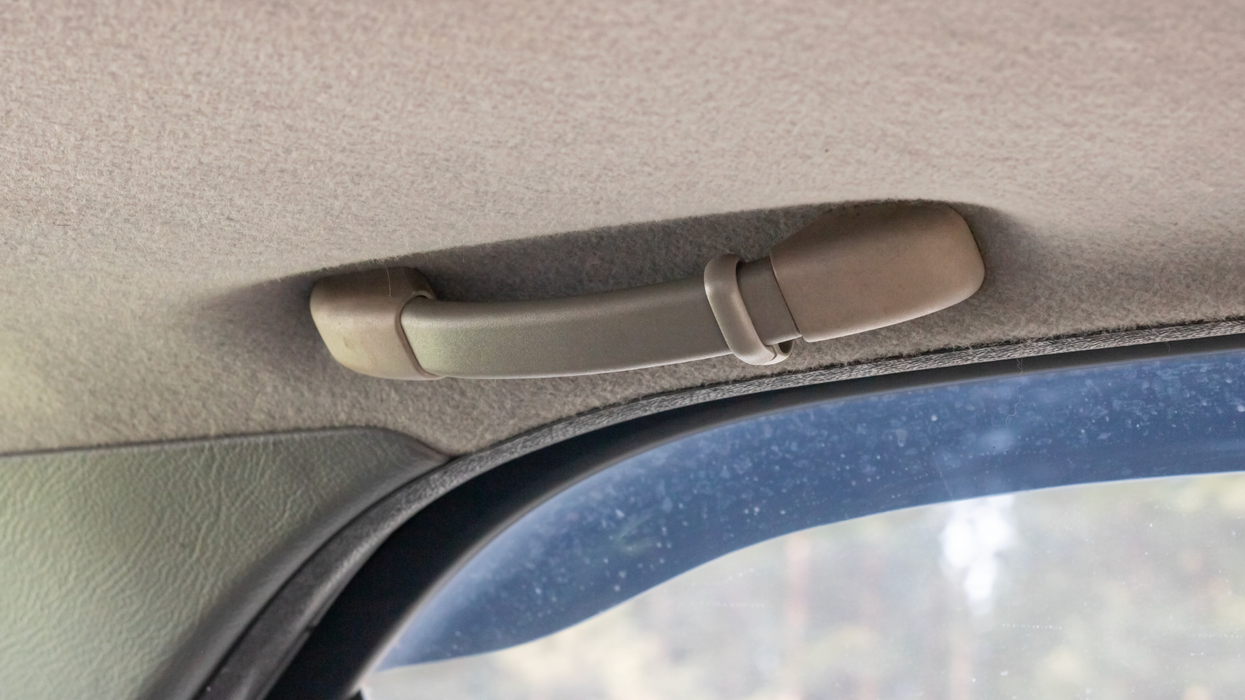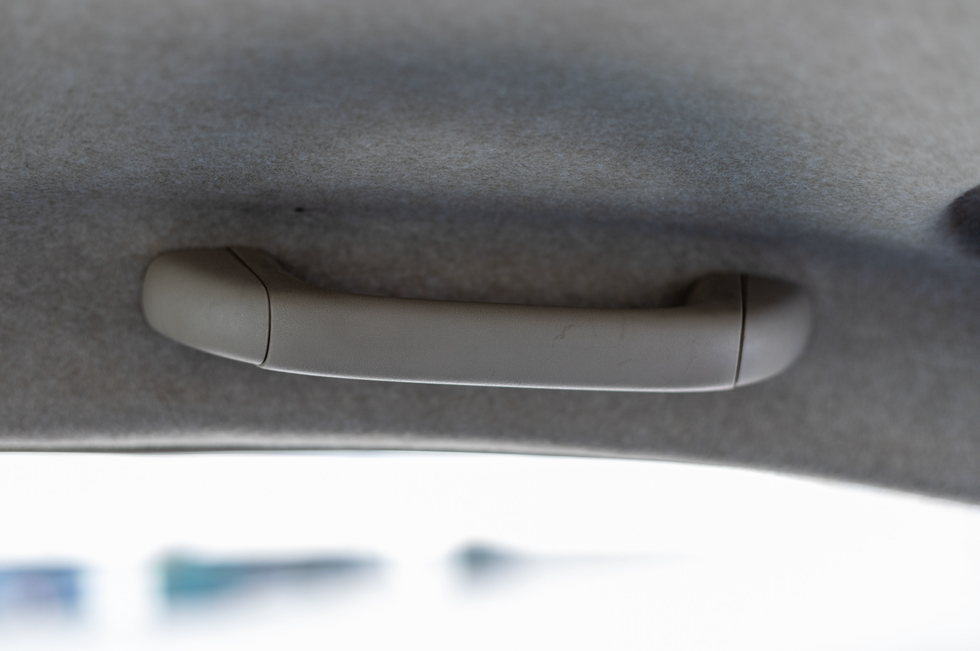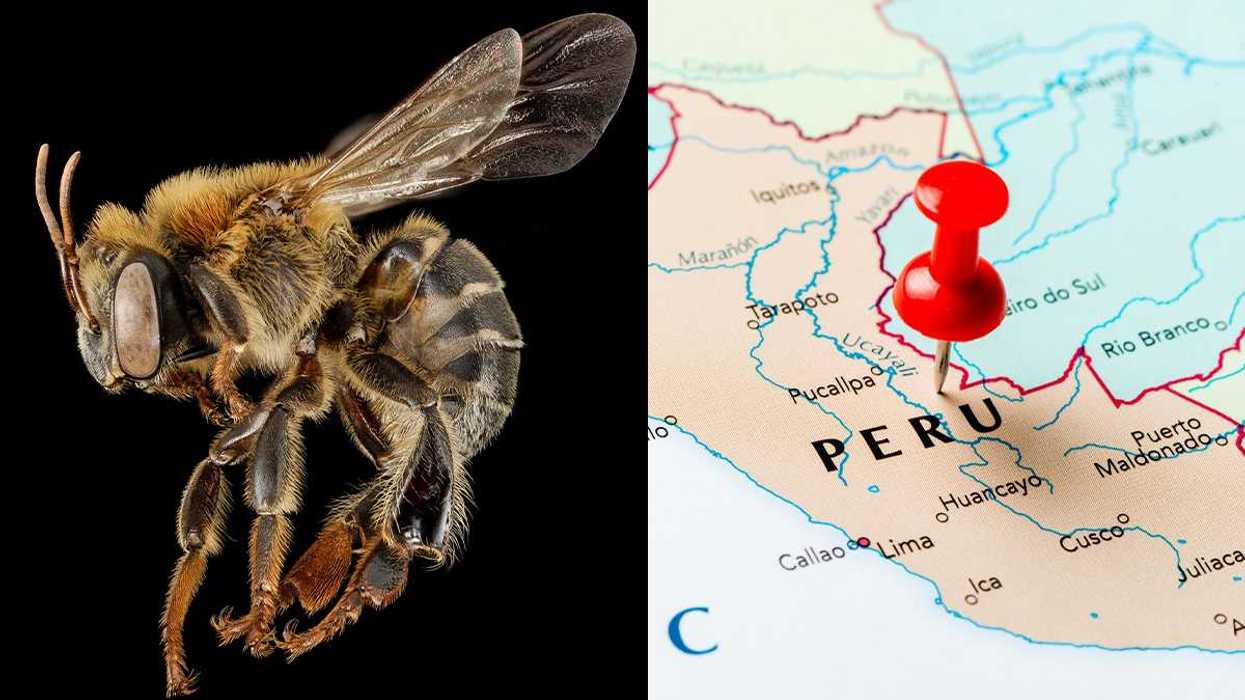Paint your roof white.
By Hashem AkbariAs the threat of climate change becomes more pronounced, a number of scientists have proposed supplementing the full range of mitigation efforts with geo-engineering strategies to manipulate the Earth's environment. Many such techniques are novel and unproven. One simple technology, however, has been in practice for thousands of years: changing the solar reflectance, or albedo, of a built surface. "Cool roofs" and "cool pavements" should be among the first geo-engineering techniques used to combat global warming.More than 50 percent of the world population now lives in urban areas, and by 2040 that fraction is expected to reach 70 percent. Increasing the solar reflectance of the urban surface would reduce the outflow of thermal infrared radiation into the atmosphere. In addition to reflecting light back into the atmosphere, cool roofs reduce energy use in air-conditioned buildings and increase comfort in non-air-conditioned buildings. In cities, the widespread application of cool roofs and cool pavements helps to mitigate summer urban heat islands, thereby reducing the overall air-conditioning load and improving outdoor air quality and comfort.We at the Lawrence Berkeley National Laboratory estimate that permanently retrofitting urban roofs and pavements in the tropical and temperate regions of the world with solar-reflective materials would serve to offset of 44 gigatons of CO2.How much is that? If the average car emits 4 tons of CO2 each year, permanently increasing the solar reflectance of urban roofs and pavement worldwide would be the equivalent of taking the world's 600 million cars off the road for 18 years. We need to aggressively pursue a strategy of cooling urban surfaces to delay some of the effects of climate change, and give society time to take further measures to reduce greenhouse gas emissions and improve our ability to adapt.Akbari runs the Heat Island Group at the Lawrence Berkeley National Laboratory and a professor at Concordia University. He believes we should be painting our roofs and roads white as a way to combat climate change.

















 A collection of toilet paper rollsCanva
A collection of toilet paper rollsCanva A bidet next to a toiletCanva
A bidet next to a toiletCanva A cute pig looks at the cameraCanva
A cute pig looks at the cameraCanva A gif of Bill Murray at the dentist via
A gif of Bill Murray at the dentist via  A woman scrolls on her phoneCanva
A woman scrolls on her phoneCanva
 A confident woman gives a speech in front of a large crowdCanva
A confident woman gives a speech in front of a large crowdCanva
 The 'weird' car ceiling handle above the windowCanva
The 'weird' car ceiling handle above the windowCanva A gif of a dog and cat screaming in a car via
A gif of a dog and cat screaming in a car via 

 Creativity and innovation are both likely to become increasingly important for young people entering the workplace, especially as AI continues to grow.
Creativity and innovation are both likely to become increasingly important for young people entering the workplace, especially as AI continues to grow.

 Peru stingless bee.USGS Bee Inventory and Monitoring Lab/
Peru stingless bee.USGS Bee Inventory and Monitoring Lab/  Indigenous Peruvian people.Photo credit
Indigenous Peruvian people.Photo credit